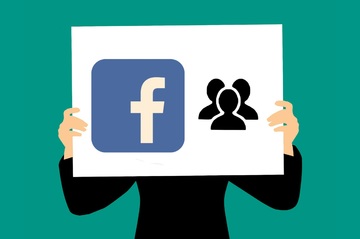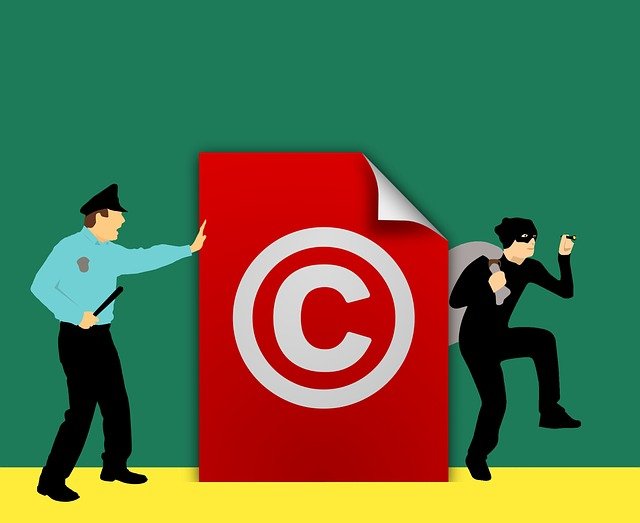Did you know that You Can Claim Copyright on Your Images Via Facebook?

You can claim copyright to your images via Facebook. This is great news for photographers and artists on the platform. Copyrights, privacy violation, plagiarism – there are not new words for content creators on the internet. With so many users, uploads, and content on the internet, sometimes it becomes so hard to track who owns the original work. Worse, some people gain monetization for works that they do not even own. Thankfully, social media platforms have now heightened their guards against copyright infringement. The social media giant, Facebook, seems to be on the lead.
Who owns the photos I upload on social media?
Of course, the user that uploads the content is its automatic owner. For instance, if a user uploads a photo on Facebook it is the user that owns the photo and not the social media platform. Facebook’s user agreement also states that “you own the content you create and share on Facebook…you are free to share your content with anyone else, wherever you want”. However, there is also a statement in the user agreement that users “need to give some legal permissions to use the content.” The agreement goes on to specify that the users:
“grants a non-exclusive, transferable, sub-licensable, royalty-free, and worldwide license to host, use, distribute, modify, run, copy, publicly perform or display, translate, and create derivative works of content”.
This means that uploaders do own their content but grants the platform a royalty-free license to reuse it, especially when it is related to or connected to any of their products.
What does this mean?
This means that any data uploaded on Facebook is stored on their servers so that it could be accessed by other users globally. Facebook has included this clause in their user agreement not to directly make money off your work but so they could make it accessible for their servers worldwide. They may also use this content for ad targeting.

Understanding Facebook’s image-copyright tools
Through the years, it is clear that social media has become great grounds for budding artists. It may be for music, photography, art, choreography, and more. New artists use the social media platform to share their talents, make themselves known throughout the world, and gain a respectable following. However, copyright rules on social media (or in all of the internet, in general) have their own grey areas. Other users could easily download, upload, and share other people’s original works without giving credit to its owners.
Facebook, has finally created a tool to help artists on their platform through the ‘Rights Manager’ tool. Simply, page admins or account users may now submit an application for their content to be protected. Once approved, Facebook will automatically delete any infringement related to the protected content. The concept of the Rights Manager tool is to find similar or matching content within both Instagram and Facebook. This way content owners may be able to find any re-uploads of their work or content.
Can I claim copyright on MY OWN uploads?
Now, Facebook needed to be clear on which content and uploads are allowed for copyright. One of their main rules is that the creator of the original work OWNS the copyright. You made music and uploaded it, you own that copyright. You made a painting, took a photo, and uploaded it on Facebook, yes the copyright is still yours. However, there are some loopholes to this as well.
Here is an example: You went to an art show, took a photo of the artwork, uploaded a photo on Instagram, and applied for a copyright. Would the application be approved? The probable answer would be no. Even if you took the photo, the artwork is not your original work. For any case where you have questions on the extent, duration, or applicability of copyright to your content, it is best to consult with a legal counsel.
Can I claim copyright on content that contains my face?
This could be a tricky ordeal and it may have a thin line between copyright issues and privacy violations. If you took a video or photo for artistic purposes and may want to monetize it in the long run, then you may apply for copyright protection. Here is an example. You are an influencer and created background music for your intros and outros. This is unique to your brand and content. If you wish that it is not recreated or used by other influencers, then you may apply for copyright protection.
However, if it is a random family photo, a group picture, or maybe a selfie, and you find out that it is reuploaded more times than you’re comfortable with, then maybe copyright protection is not what you need. Instead, you may report it on Facebook for a privacy violation.
Also read: Cringe-Worthy Blogging Trends of the Past that WILL NEVER Work Now
Civil Engineer by profession, Writer by passion. Serving readers since 2014 on different niches like Science, Current Events, Tech, and Travel.

